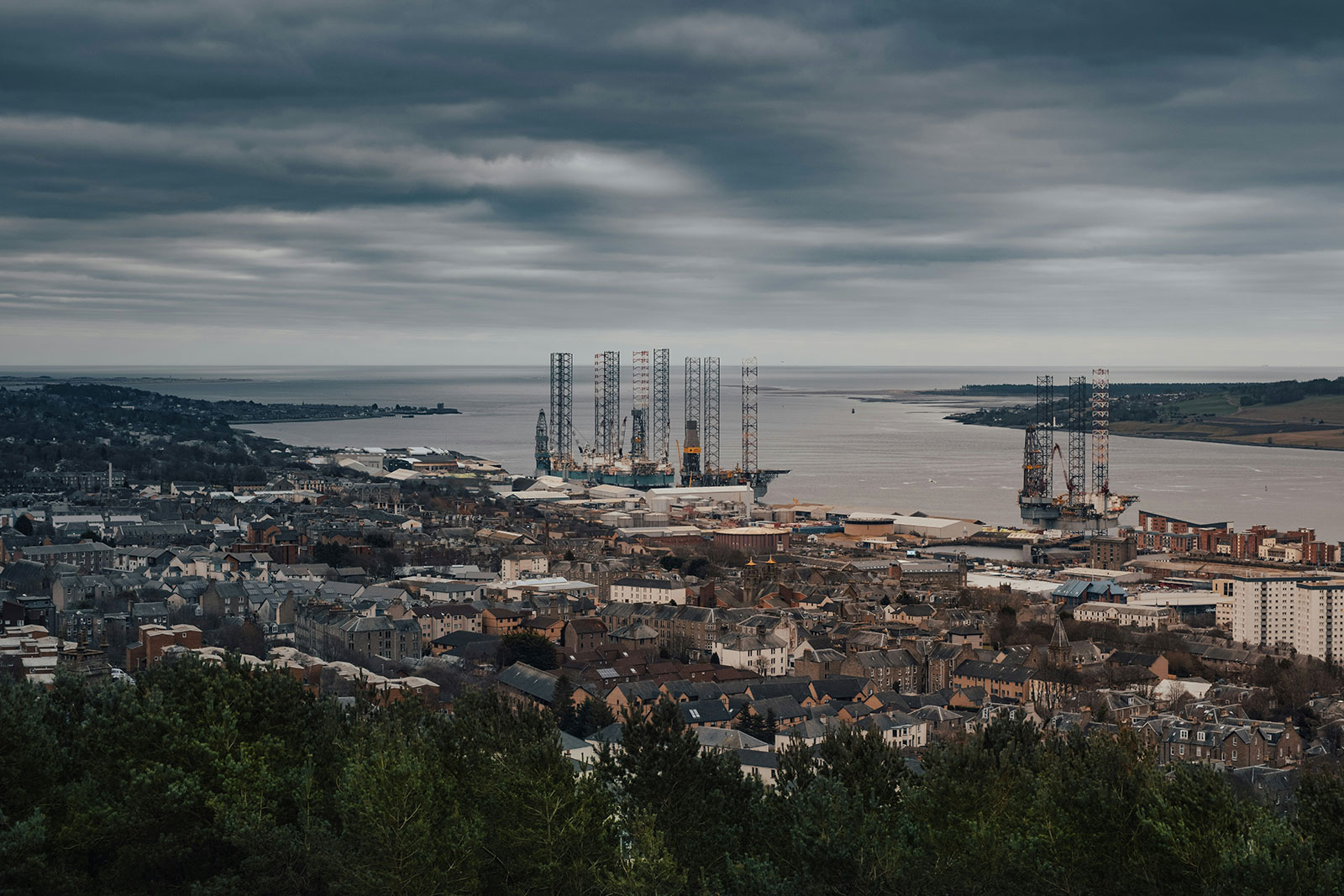
ABOUT THE PROJECT
Coastal communities in the UK are faced with many pressing social, economic, and environmental resilience challenges. Addressing these in an inclusive, holistic, and sustainable way requires a transformation of the way research and governance work and interact.
TRACC will bring together different forms of knowledge from diverse social groups and movements, decision-makers, researchers, and other stakeholders to co-design new approaches to tackle coastal challenges and help positively shift values, goals, and paradigms towards sustainability and resilience.
TRACC will work across the UK, in Mid-North Wales, the Humber Estuary, Lough Foyle and the Firth of Clyde, and lessons learned will be shared nationally through a new UK Resilience Assembly.
PROJECT LEADs
Prof Tim Acott (Joint Project Lead),
University of Greenwich
Prof Jasper Kenter (Joint Project Lead),
Aberystwyth University
Project duration:
1 Sept 2024 – 31 Aug 2028 (4 years)
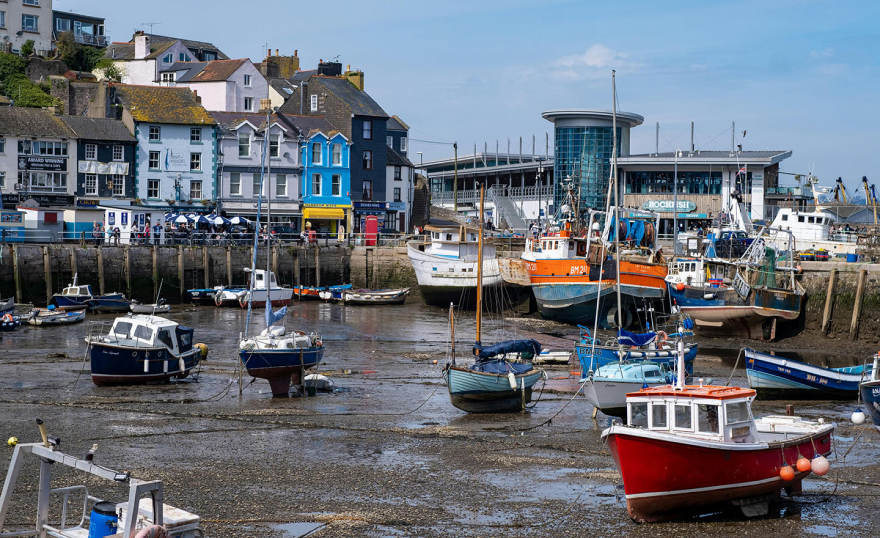
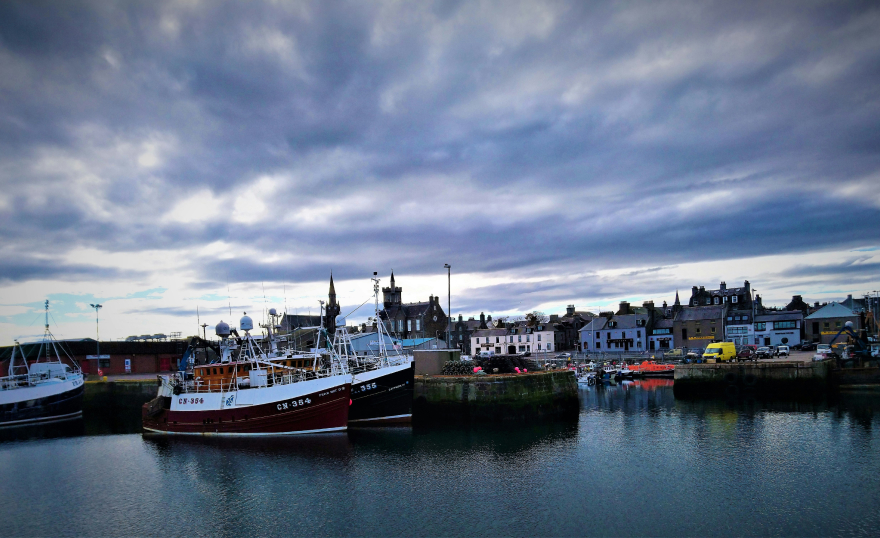
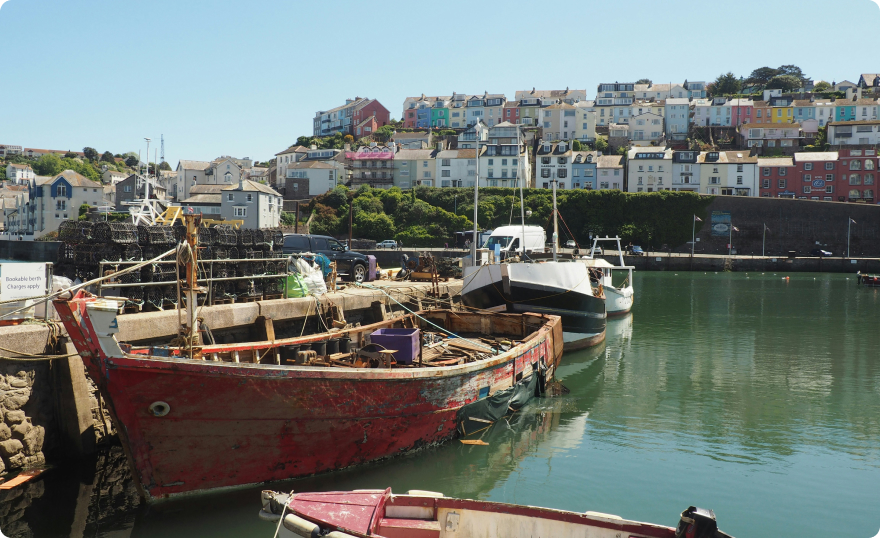
Project Partners













Background
Resilience is place specific, determined by complex interrelations between biophysical, sociocultural, and economic circumstances. TRACC will explore and implement new transformative place- and values-based governance structures to support coastal resilience and sustainability across Wales, Scotland, Northern Ireland and England. We will co-develop Resilience Collectives (RCs): regional partnerships between researchers, communities and stakeholders to investigate and address pressing, interrelated resilience issues facing coastal communities.
Whilst the eventual focus of the RCs will be determined by their members, the four locations are characterised by diverse issues. In the Firth of Clyde RC (Scotland) challenges include how to transform marine planning to establish effective conflict resolution and better bridge the divergent values and problems felt by the diversity of communities around the Firth. Key challenges relevant to the Lough Foyle RC (Northern Ireland) include access to and quality of services, ownership of natural resources, deprivation, transboundary politics, and post-Brexit issues.
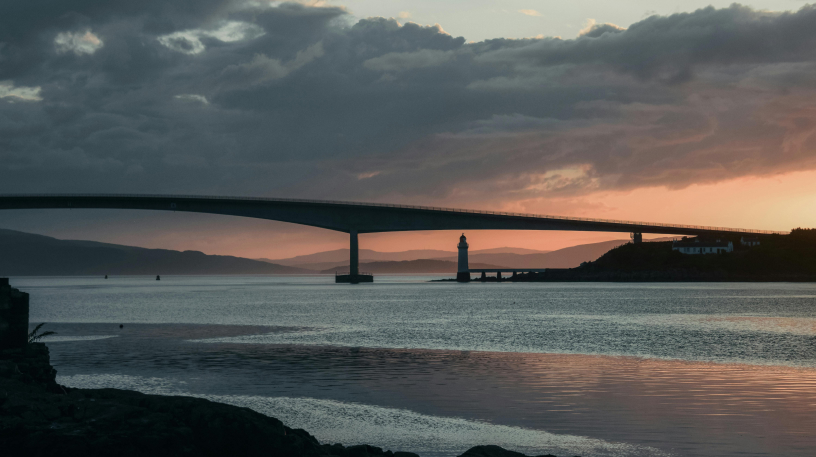
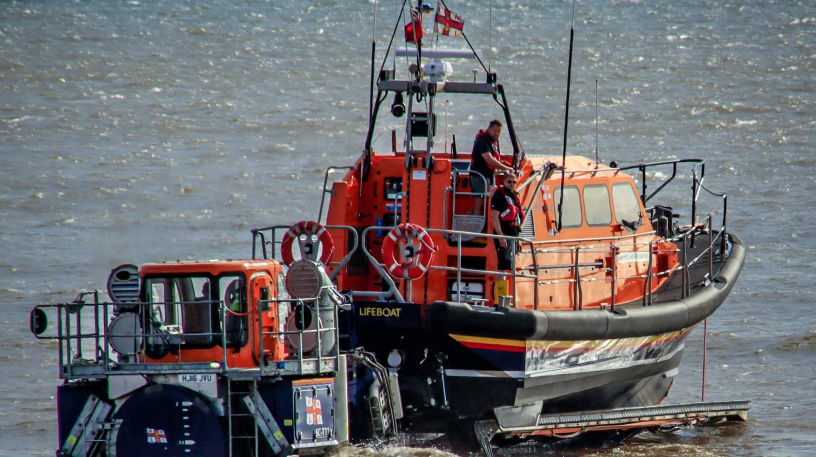
Contextual challenges for the Humber estuary RC include deprivation, industrial transition, transboundary challenges, coastal change, and nature recovery. The mid-north Wales RC is faced with diverse challenges relating to climate adaptation and coastal change in the area, with a potential focus on cultural and emotional aspects of resilience, nature-based solutions, and integrated approaches linking the coast and uplands.
Each RC will co-develop a deep understanding of the systemic barriers and opportunities to achieve transformative change, developing Transdisciplinary Actions Plans (TAPs) to support place-based community resilience and governance. The learning and experiences of each RC will be drawn together and shared nationally via a newly created UK Resilience Assembly, supported by the Coastal Partnerships Network (CPN) and other TRACC partners to maximise project impact and legacy.
Our Approach
TRACC will explore and implement new transformative place- and values-based governance approaches to support coastal resilience and sustainability across Wales, Scotland, Northern Ireland and England.
TRACC will work across the UK, in Mid-North Wales, the Humber Estuary, Lough Foyle and the Firth of Clyde, and lessons learned will be shared nationally through a new UK Resilience Assembly.

